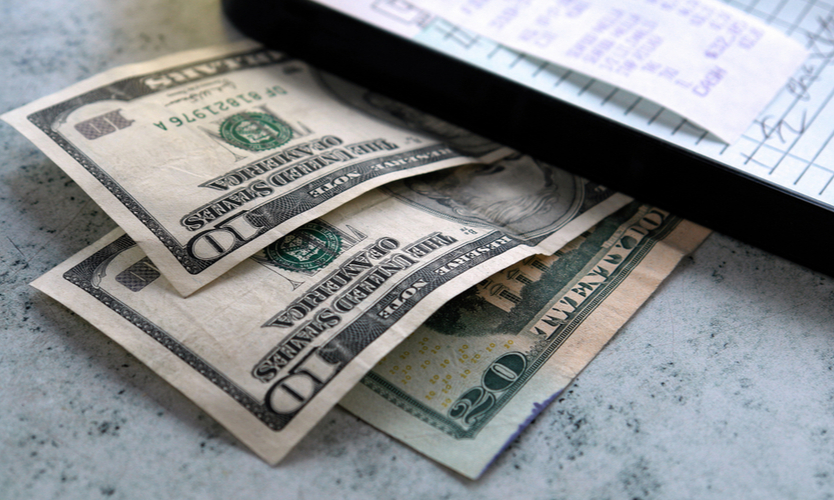The controversial trend of tacking on automatic tips, or “service charges,” to customer bills will likely have a trickle-down effect on workers compensation premiums, which are likely to increase for some employers, according to experts.
Automatic gratuities have grown in recent years. For example, a new spreadsheet on the Reddit social media platform tracks restaurants in Los Angeles that are adding extra fees onto bills under such explanations as “wellness fees,” “kitchen love” and “administration.”
The practice is legal and can help employers cover increasing wage and benefits costs, yet there’s an often-overlooked ramification for employers: higher workers compensation premiums.
The National Council on Compensation Insurance in June filed changes to its manual on calculating premium based on payroll to include any nondiscretionary costs charged to consumers. The change would affect 32 states and the District of Columbia.
Traditional tips, which are provided to servers at the will of the consumer, would not be included in the change, which would go into effect in January 2024.
Jeff Eddinger, Boca Raton, Florida-based senior division executive with NCCI, said the change came as a result of confusion from states and insurers over what constitutes payroll.
“We felt it was necessary to clarify that in those instances where there’s a service charge or some sort of automatic thing that the customer has no control over, that would be counted towards payroll,” he said.
Steve Bennett, Washington-based assistant vice president for workers compensation programs and counsel for the American Property Casualty Insurance Association, said the change is also in line with how other entities are viewing payroll as the mandatory fees become more common.
For example, “the (Internal Revenue Service) is saying that these service charges are supposed to be included (in payroll) and taxed as wage payments,” he said. “NCCI is being consistent with this practice.”
In one of the states affected, the Texas Department of Insurance filed paperwork in July on the issue, stating that “an employer may see an increase in premium.” It said the “statewide premium impact is not quantifiable but is expected to be negligible.”
As the trend of mandatory tipping continues, some say the effects will be more noticeable than expected — especially since traditional tips are not considered payroll when calculating premium. The IRS could be a driving force for change, according to one expert.
Kelly Erb, a Philadelphia-based tax attorney with White and Williams LLP, said she suspects some establishments are moving toward nondiscretionary tipping to comply with the way the IRS is viewing gratuities.
The IRS this year issued a proposal, which is still being debated following a public comment period that ended in May, that would call for employers – and not employees, as is the current requirement — to provide documentation on paid tips. The move would not be a requirement for employers, but compliance would result in a lesser chance of being audited, according to Ms. Erb.
These reporting changes shift the burden to employers on reporting tips, and automatic tips are easier to track, she said.
